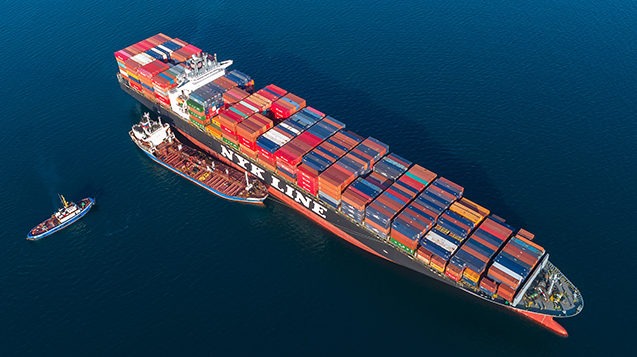In the midst of the coronavirus outbreak in China, many Chinese factories are struggling to return to pre-Chinese New Year operating levels. Further, while most ports are operational, land transportation and air freight availability has all but diminished.
The situation is changing daily, and shippers must be prepared with planning and flexibility for their supply chains in the upcoming months. Please keep in mind the following considerations for your supply chain as you navigate these difficult circumstances in the coming weeks:
Ocean Freight
Shippers should strive to stay in close contact with suppliers and their output capabilities. Many are working with an abbreviated staff due to quarantine rules, so cargo ready dates can change daily. Obtaining as much advance notice as possible is crucial so all trucking/inland transportation options can be explored as well as barge services from feeder ports.
Additionally, many carriers are actively voiding or blanking sailings, making available TEU volume stark. Roughly 23% of all sailings scheduled from China to the West Coast have been voided, 16% of that attributed directly to Chinese New Year, while the remaining 7% are due to the coronavirus. If a shipment is urgent, it is imperative this is communicated so Mallory Alexander can initiate contact with suppliers for transportation solutions to ensure the freight is delivered at port.
Finally, those shippers exporting to China with reefer freight should be advised that several terminals are experiencing severe reefer plug shortages, specifically in Shanghai/Ningbo and Xingang due to the extended Chinese New Year holidays. Some carriers are rerouting cargo to ports with available plugs. As a result, these carriers are levying a congestion charge up to $1,000 per container for all reefer shipments arriving into these port to cover the additional cost of rerouting.
Truck Freight
Currently truck service is extremely limited in many provinces throughout China. The local governments are strictly controlling who is on the road and very few trucking companies have been granted permission to resume operations, especially in North China. All vehicles from Hubei are not allowed, and many other cities are only permitting vehicles with a permit. Local Chinese government in Shanghai are operating checkpoints to collect health information on drivers and passengers, further causing trucking delays. In some cases, only trucks carrying provisions are allowed.
As a result, suppliers may have limited truckers available at their disposal to transport cargo to the port for sailings. Mallory’s China offices are working with clients to resource truckers to assist any suppliers unable to secure their own.
Air Freight
Air freight capacity has been reduced significantly to match the low demand during the coronavirus outbreak. As factories start to reopen and become fully staffed, we expect there will be a significant spike in air freight shipping in the short term, to make up for time lost over the past two weeks. Some carriers have chosen to extend their suspension of flights past March due to the reduction in demand. Should space be secured, transport will still depend on if a trucker is available to transport the cargo to the airport.
Pricing
Looking ahead into March/April when the labor force and production are hopefully back to normal, we fully expect a cargo rush that will drive the spot rates up for both air and sea shipments. At this time, weekly allocations under ocean fixed rate programs may be reduced or tightly monitored by the steamship lines. It is imperative that your suppliers provide forecasts as far in advance as possible so that space can be secured at the most reasonable cost as possible.
Please contact your Mallory Alexander Representative if you have questions on specific shipments and/or shipments with a specific deadline.
Source: Freightwaves, Zim, American Airlines



